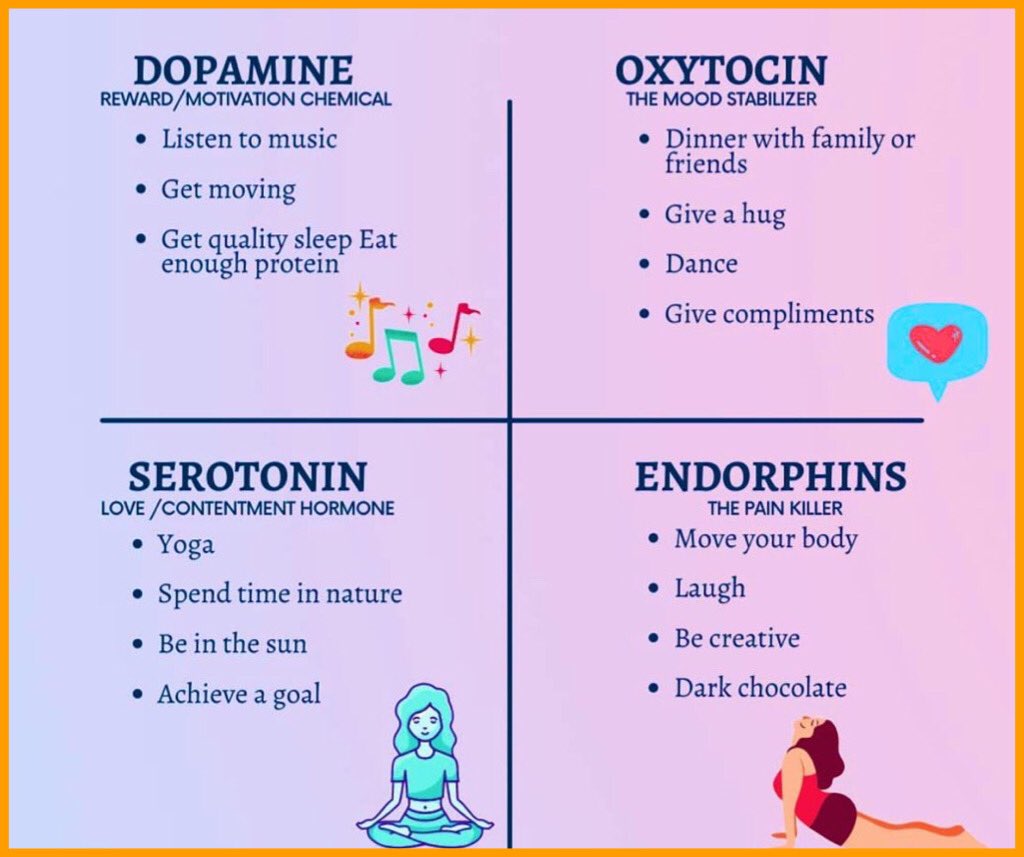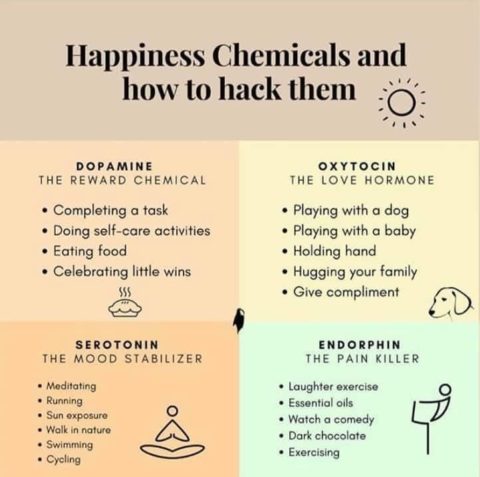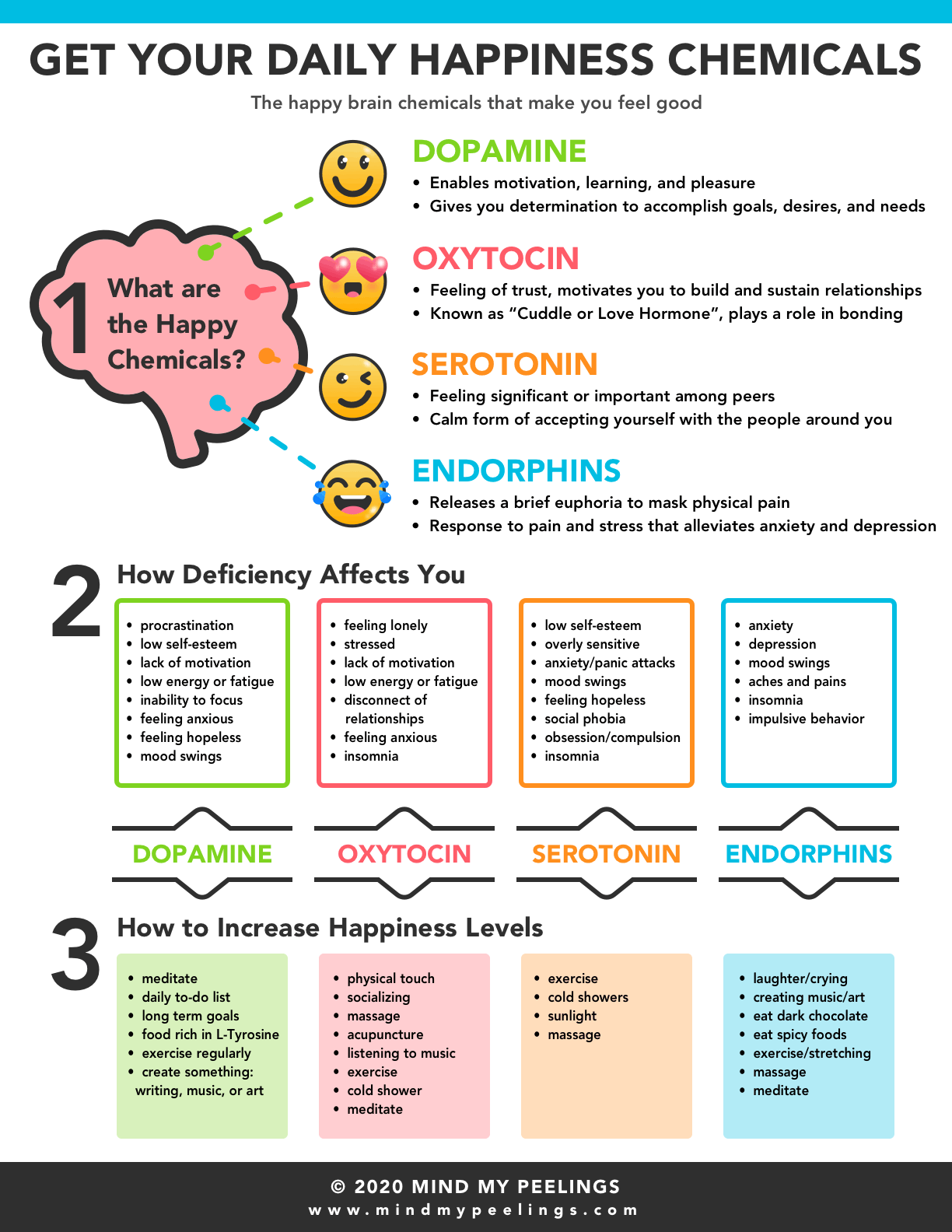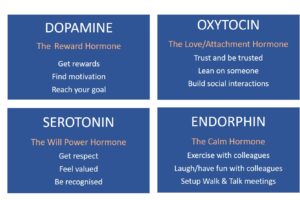Prof Dr Badrisyah Idris
“Without the right energy and nutrients, the brain will start losing its function.”
ACCORDING to the World Health Organization (WHO), approximately 70% of the global burden of neurological and neurodevelopmental conditions affect lowand middle-income countries. Neurological conditions are the leading cause of disability and the second leading cause of death in the world with nine million deaths annually.
Stroke, migraine, dementia, meningitis and epilepsy are the top five contributors of neurological disabilities globally, with an increase in ageing populations, Alzheimer’s disease and Parkinson’s disease becoming more significant.
MSU Medical Centre’s medical director and consultant neurosurgeon Prof Dr Badrisyah Idris explains, “The brain is a unique organ with three important functions that affect our lives which are, (i) sensory interpretation and movement control; (ii) cognitive, mental and emotional integrity; and (iii) behaviour and social execution.”

Prof Dr Badrisyah Idris
Brain health is becoming an important concept in healthy living which encompasses the ability of the brain to rewire during the life in response to changes in experience and environment. A healthy brain is capable of slowing down cognitive decline and combating any injury or diseases of the brain. There are a number of things that we can make a habit of to maintain our brain health.
Regular physical activity can benefit the brain by optimising brain blood flow and reducing loss of brain cells during ageing. Those who exercise regularly can enjoy healthy cognitive abilities and have a lower risk of developing dementia. Exercise also helps lower blood pressure, reducing cardiovascular risks of getting a stroke.
Some studies have found that regular exercise increases the level of protein that promotes growth and maintenance of brain cells. Having an active lifestyle such as taking the stairs and participating in sports or physical activities such as brisk walking or aerobic training can have a positive impact on brain health.
Quality sleep is important for brain healing and restoration of mental function. Sleep makes our thinking processes sharp and focused with better decision-making. Seven to eight hours of sleep gives the brain adequate time to clear abnormal proteins that accelerate dementia. Several lifestyle measures can be adopted to ensure no alteration in sleep patterns such as increasing time in the sunlight, consistent sleep routines and gaining knowledge about the effects of medications.
Even though the brain is only 2% of the body weight, it consumes 20% of energy requirements. Without the right energy and nutrients, the brain will start losing its function. Food which is rich with antioxidants (compounds that have a protective effect on the brain), fibre, unsaturated fats (including omega-3 fatty acids), B vitamins and an adequate amount of complex carbohydrates are important to maintain a healthy brain. A diet rich in processed foods, salt and refined sugars can increase inflammation and free radicals in our body that can have negative impacts on brain health.
Cognitive stimulation by learning new skills or knowledge maintain good brain health with the formation of new circuits between brain cells. Challenging the brain increases its cognitive reserve by creating an adequate backup system. With more reserves, the brain can become more resistant to changes that are associated with neurodegenerative diseases. Education and learning enhance the cognitive reserve which makes the brain less susceptible to the effects of age and brain-related changes.
Depression and anxiety can be detrimental to brain health with their effects on mood and emotion. These conditions lead to slow thinking, memory and concentration difficulties. Social connectivity helps get rid of depression and anxiety. Socialising helps the brain to expand its cognitive reserve. Engaging in conversation trains the brain to increase attention and concentration and helps social judgement. It is important to stay connected with friends and family to maintain healthy brain function. - Star2
Sharpening the mind
Various nutrients and vitamins are known to boost brainpower and help people reach their full potential.
LIVING in a fast-paced environment, you may find yourself juggling multiple tasks at the same time and having a constant drive to maintain momentum. The ever-increasing demands can really take a toll on you, both physically and mentally, leaving you feeling exhausted, overwhelmed or emotionally drained. If you find yourself having moments of spacey or fuzzy thoughts, you are most likely experiencing brain fog.
Brain fog has become more common than ever before as a result of hectic lifestyles. Also known as mental fatigue, it is not a medical condition but rather a cognitive dysfunction involving an inability to focus, poor concentration, forgetfulness, confusion, irritability, headaches, etc.
Brain fog can come and go over a period of time, commonly triggered by stress, lack of sleep, hormonal changes, nutrient deficiencies, or medications. More than just a nuisance, these challenges can damper your mental clarity and interfere with your ability to complete daily tasks at varying degrees. If left unaddressed, it can snowball into chronic fatigue which ultimately leads to burnout.
Nootropics are known to help boost brainpower so you can perform at your fullest potential, whether you are a student aiming to ace your exams, a working professional striving to excel at your duties or a senior looking to preserve your grey matter.
Acetyl-l-carnitine is an amino acid produced naturally in your body. It supports cellular energy production to fuel your brain for better focus and concentration. As an antioxidant, it helps protect brain cells from oxidative stress.
Vitamin B12 is an essential vitamin for proper development and functioning of the brain and nervous system. It supports the formation of myelin sheath which protects* the nerve cells, ensuring fast and effective transmission of nerve impulses. It is also required to produce mood-enhancing dopamine and serotonin.
Phosphatidylserine is an essential building block of cell membranes, with high concentrations in the nerve cells of the brain. It increases the production of acetylcholine, an abundant neurotransmitter in the brain, which plays an important role in alertness, learning and memory.
Together, these nutrients work synergistically to give you an extra boost to get you through the busy day.
This informational article is brought to you by Vitahealth.
■ For more information, call 1800 183 288.
Gear up
Feeling better with ginkgo biloba
THE ginkgo biloba is a tree native to China that has been historically associated to have traditional medicinal properties that help reduce memory loss, aid respiratory difficulties and improve circulation. Sometimes known as the maidenhair tree, it is often described as a ‘living fossil tree’ due to its ancient taxonomic origins dating to prehistoric times.
In more recent years, ginkgo extract has been discussed as a prescription to help alleviate symptoms of anxiety as well as to improve cognitive function related to mental disorders such as Alzheimer’s disease. According to Herbs and Botanical Supplements: Principles and Concepts by Nutrition in the Prevention and Treatment of Disease, the extract has been approved as a treatment for dementia in countries such as Germany.
According to Neuroprotective and Antioxidant Effect of Ginkgo biloba Extract Against AD and Other Neurological Disorders published by Neurotherapeutics, ginkgo is linked with improved cerebral blood flow which may be beneficial in reducing fatigue and absent-mindedness. In addition, ginkgo biloba was also shown to have neuroprotective effects through several in-depth clinical studies.
In a research titled Ginkgo biloba special extract EGB 761® in generalised anxiety disorder and adjustment disorder with anxious mood: A randomised, double-blind, placebo-controlled trial published by Journal of Psychiatric Research, individuals with a generalised anxiety disorder who had participated in the study were found to experience improved anxiety relief when compared to the group who had taken a placebo.
Ginkgo biloba has also been linked with improving several cognitive functions that are associated with Alzheimer’s Disease, as reported by The Efficacy of Ginkgo biloba on Cognitive Function in Alzheimer Disease published in Neurological Review reports.
A placebo-controlled, double-blind, randomised trial of an extract of Ginkgo biloba for dementia by the Journal of the American Medical Association suggests further evidence for the soothing effects of ginkgo biloba in cases of dementia. Within its intent-to-treat analysis, researchers found that the participants who were given ginkgo biloba extract scored substantially lower on the commonly used Alzheimer’s Disease Assessment Scale.
Overall, ginkgo biloba extracts can be a strong consideration when faced with issues pertaining to certain brain conditions and blood flow.
■ For more information, call 03-7490 2138.

Nature's Way, Ginkgo, 120 Vegan Capsules
Related posts:
A lack of this important mineral could be causing you health problems without you even knowing it.


























